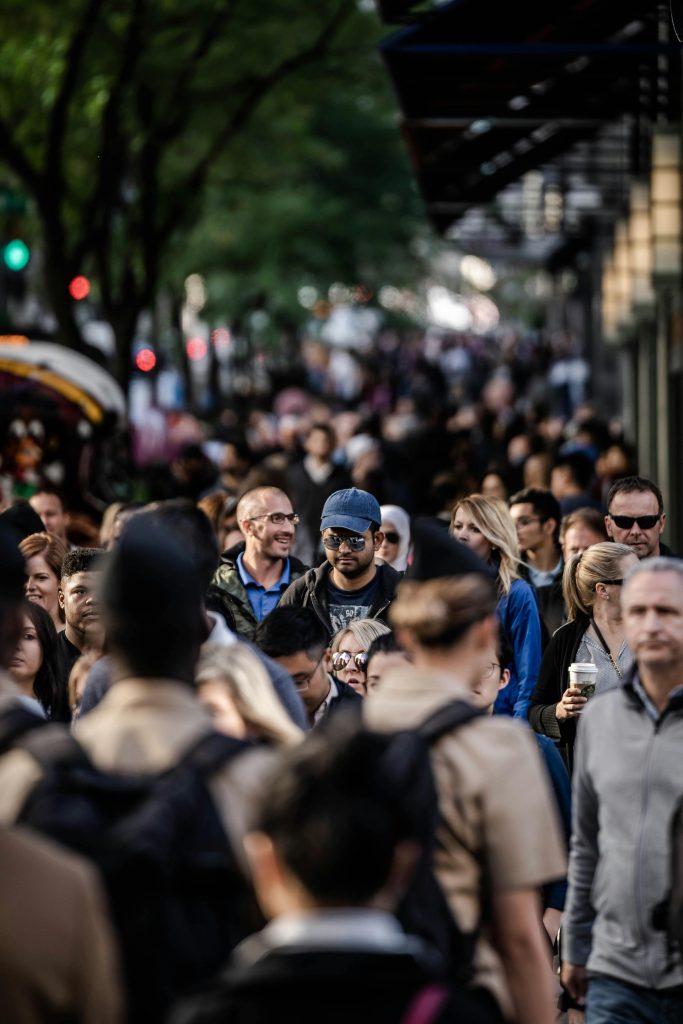
The Precariousness of Expectations in Our Society
Source: pexels.com
Author: Muhammad Abdussalam
I think about this often, especially when I see people exhibiting this attitude. We are a society woven with a strong communal fabric–which is indeed commendable. In Nigeria and Africa at large, life is enormously communal. Kids are raised not only by their parents but also by the community because everybody in the community contributes to their upbringing. For example, the Hadzabe, a hunter-gatherer ethnic group that still lives in the rift valley of Tanzania neighboring the Serengeti plateau. Their life is intensely communal. Men and boys go hunting together. While the men hunt, the boys observe and learn from their skills. Their children are raised collectively by all women–a practice called alloparenting–and this is quite common in Africa. Although several Tanzanian governments have offered the Hadzabe permanent shelter, many prefer to live their lives as they currently do–hunting and living in the bush.
While I acknowledge the benefits of a communal society, it can encourage moral hazard, especially in our contemporary society. People can feel relaxed and develop a sense of entitlement for what they never worked for. For instance, if you and I are supposed to push a car, I would put in perhaps 90% of my strength and you would most likely do the same. If we become ten people, we would most likely put in less than 50% of our individual strength. That’s because when individual performances are not directly visible, we become less motivated to put in our best effort. This is a situation called social loafing. Social loafing is partly influenced by the expectation that others will also put in the effort, hence why you reduce yours. That’s where the danger comes in–expectation! Due to the communal nature of our societies, people expect others to partake in taking care of their affairs while diminishing their own efforts. Again, I am neither generalizing nor proposing that our communal society is bad. That’s far from it. I am only proposing that despite knowing that the community is an additional source of support, we need to be individually responsible.
As related by Malcolm Gladwell in his book “Outliers,” the Dutch psychologist Geert Hofstede developed an enormous database and analyzed how cultures differ. Hofstede argued that culture can be “usefully distinguished according to how much they expect individuals to look after themselves”—and termed this measurement the “individualism-collectivism scale.” The United States scored the highest on the Individualism Scale in his analysis. This is not surprising at all knowing the zeal and enthusiasm people in the United States put in to achieve the “American Dream.” Think about some life-changing innovations that have happened in the past century or even beyond, they mostly come from the United States. A handful of the biggest multinationals the world has ever produced are from the U.S. They don’t even have universal health care–making them the only industrialized country in the world without universal health care for its citizens. You have to pay for everything yourself!
Of course, I’m neither justifying the absence of universal health care nor am I labeling the United States as the best country in the world; they have their problems too. But the idea here is to show how their culture of “individualism” has encouraged everyone to stand on their toes; work hard and produce some mind-blowing ideas. This culture of individualism has also made them a society that encourages failure. Nassim Taleb remarked that the reason he immediately felt at home in America is “precisely because American culture encourages the process of failure, unlike the cultures of Europe and Asia where failure is met with stigma and embarrassment.” Enough of America.
Now going back to Nigeria and Africa at large, again, the idea of collectivism isn’t completely bad, and the idea of individualism isn’t also a hundred percent given. Striking a balance between the two extremes would, in my opinion, be the ideal situation. Alas, we seem to be at the extreme end of the collectivism scale which contributes a lot to our lax and nonchalant attitude. We expect the government to do everything for us. We also expect our relatives to do everything for us or bear our whole life burden. The habit this has cultivated is horrendous, to say the least. Someone could be living in the F.C.T. or the financial city of Lagos, managing his life with the little he has, in other words, living within his means–while a relative somewhere is producing kids with the expectation that his “rich” uncle will look after them. We can also see the impact on governance. Quite frankly, our expectations partly influence corruption in governance. Take for instance if you were appointed as a federal minister. Your whole community will develop a tacit expectation that you should hand jobs to them whether they are qualified or not. This practice will undoubtedly prevent meritorious employment. And that’s where we are today.
References:
Badawi, Z. 2024; An African History of Africa. Penguin Random House, U.K.
Dobelli, R. 2014. The Art of Thinking Clearly. Sceptre, U.K.
Gladwell, M. (2009). Outliers. London: Penguin Books.